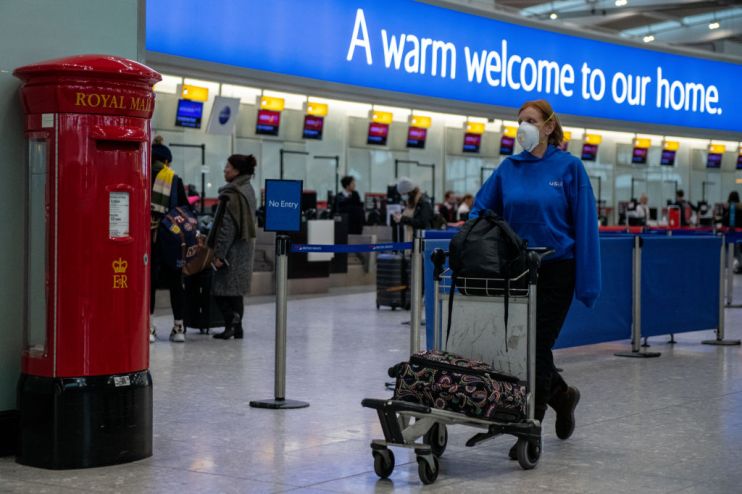This pandemic may lead to more trade barriers, but is that such a bad thing?

The current crisis dominates everything, from trade to everyday life. But, within a relatively short space of time, it will pass. What next? What will be the “new normal” after coronavirus?
A key policy aim across the west for many decades since the Second World War was to reduce barriers to international trade. But it seems likely that the crisis will reverse this longstanding trend. There were already signs of it slowing down.
President Trump is trading accusations with China on who is to blame for the coronavirus pandemic. Of course, this mood can swing.
But an important new phrase in US government circles is “decoupling”. American supply chains have become increasingly dependent on China in the past 20 years or so. The talk is of breaking this dependence, probably by using new trade barriers.
Within the EU, national governments have reasserted domestic sovereignty in a dramatic way. The authority of the Europea Commission has been reduced, and it will not be easy to restore it.
The instinct of economists is to recoil in horror whenever they are confronted with the idea of barriers to trade. These are regarded as being unequivocally a Bad Thing. But their own discipline shows that matters are not necessarily so clear-cut.
Over 60 years ago, the theoretical journal the Review of Economic Studies — then as now a desired outlet for academic economists — published a paper entitled “The general theory of second best”.
Richard Lipsey, one of the authors, went on to write a best-selling textbook. The other, sadly dead now, was Kelvin Lancaster. He was a highly original thinker who in the opinion of many should have been given the Nobel Prize.
The paper is set in the highly abstract context of what economists call general equilibrium. Everyone behaves exactly in accord with economic theory. Supply and demand balance in every market, so there is no unemployment, for example. It represents the theoretical ideal of the efficient allocation of resources.
If there were only one barrier to such a perfect state of affairs, getting rid of it would lead to a better outcome. Lipsey and Lancaster asked the simple question: if there were more than one, what can we say if just one of these is eliminated?
Their answer was quite devastating — so much so that economists who encounter this famous article as students look it firmly in the eye and then try and forget it.
They showed that there was no theoretical presumption that the economy would be more efficient if an imperfection were removed but others still remained.
In the real world, there are of course many deviations from this abstract, perfect world. This means that there is no presumption in economic theory that bringing in some restrictions on trade will make things worse. It is an empirical and not a theoretical issue.
Just like the UK leaving the EU, what really matters is the domestic response to changes in the external environment. A bit more protectionism across the globe could stimulate a new wave of innovation in the west, as we look to rely on ourselves rather than China.
Paul Ormerod is an economist at Volterra Partners LLP, a Visiting Professor in the Department of Computer Science at UCL, and author of Against the Grain: Insights of an Economic Contrarian, published by the IEA in conjunction with City A.M.
